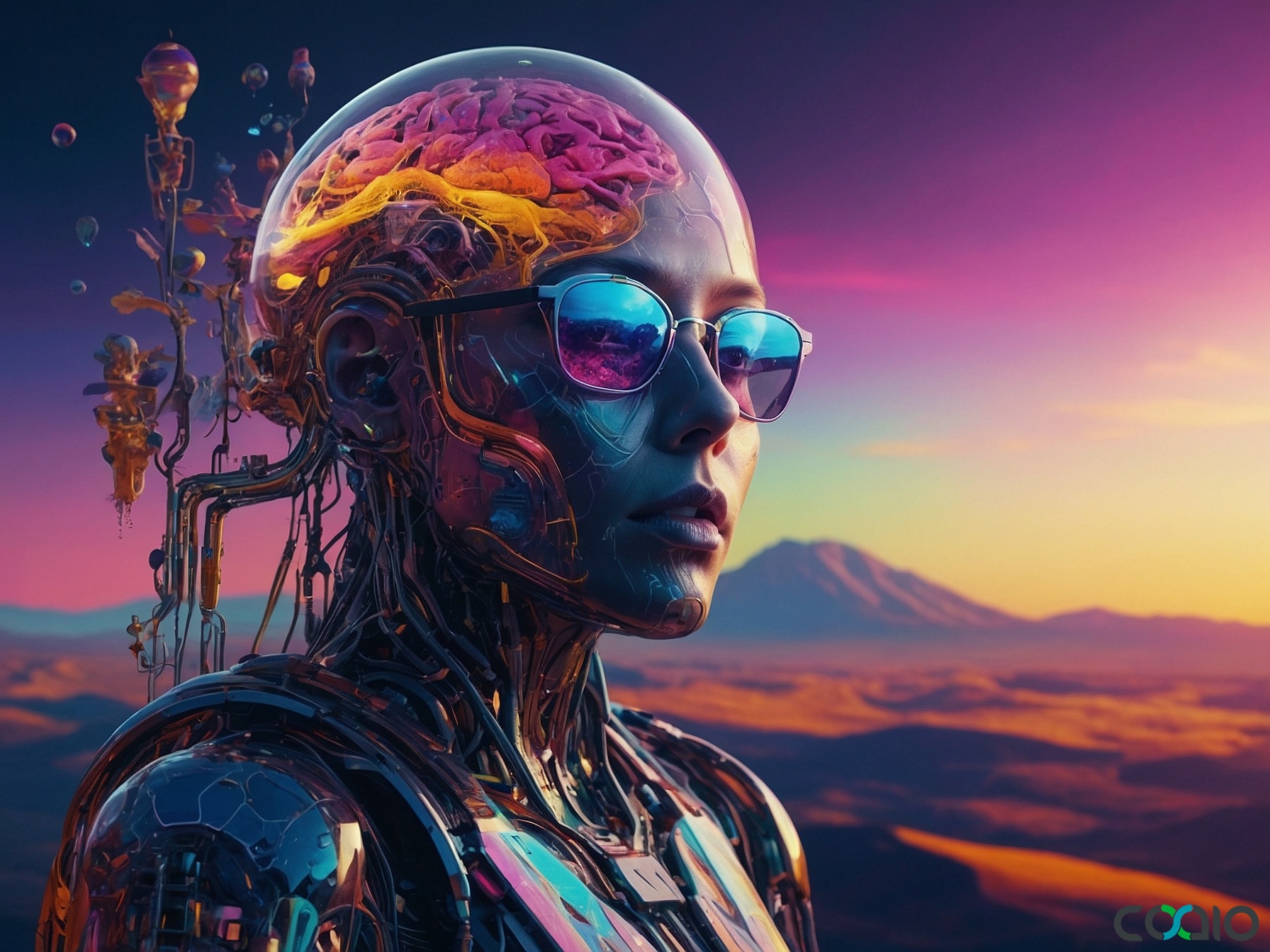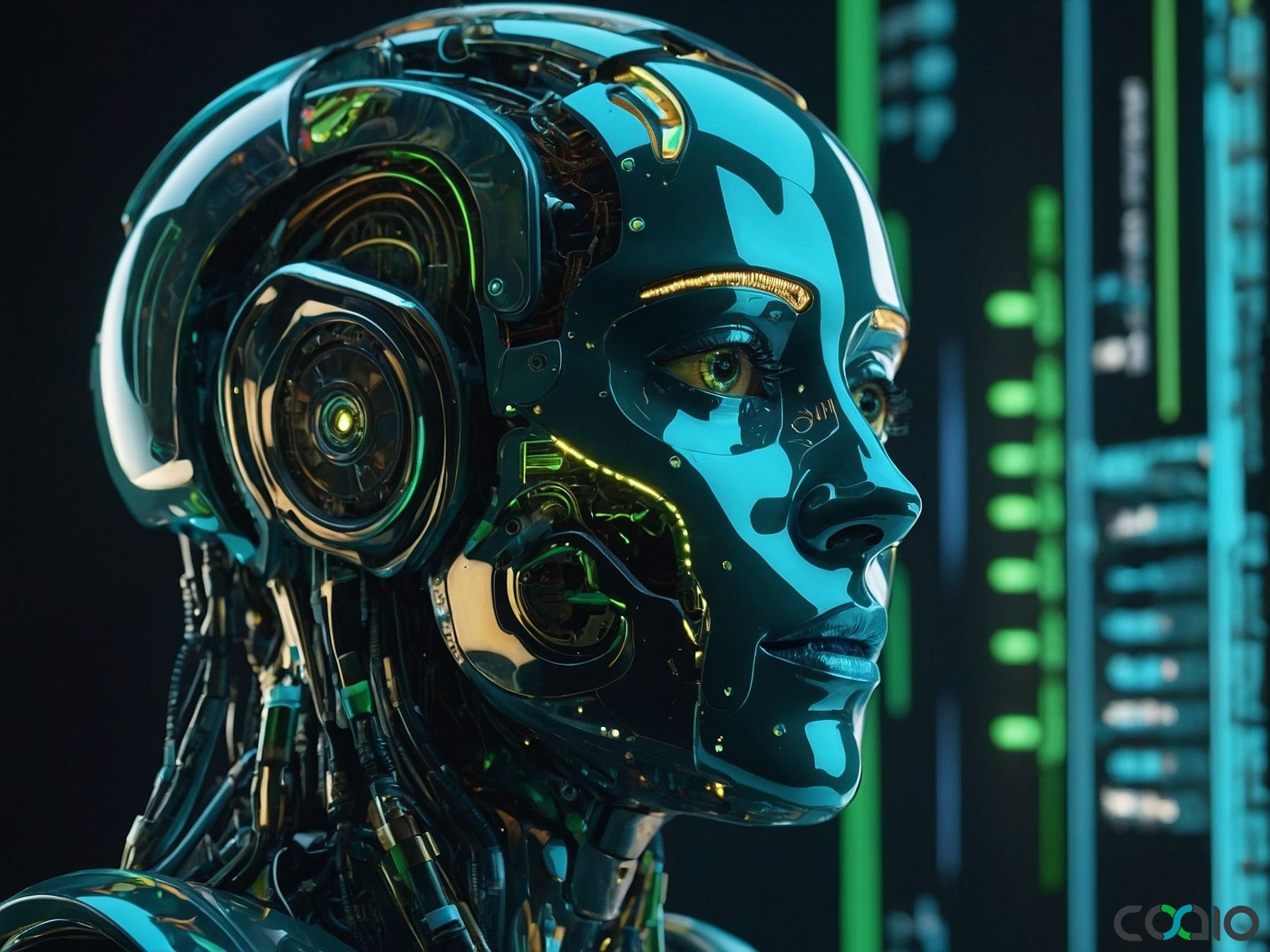
Software Development's Bold Leap: From Indian IPOs to AI Innovations in 2025
As we dive into the dynamic world of technology on September 17, 2025, software development continues to shape the future of businesses, innovation, and global connectivity. From startups achieving monumental milestones to advancements in AI and ongoing policy debates, the sector is buzzing with activity that promises to redefine how we build and deploy software. This article explores the latest headlines, drawing connections to the broader implications for developers, entrepreneurs, and the industry at large, while highlighting how strategic partnerships can streamline the process.
The Rise of Indian Startups and Global Expansion
In a landmark event for the global tech ecosystem, Groww, the Indian investment platform backed by Microsoft CEO Satya Nadella, is poised to become the first Indian startup to go public after relocating its operations from the U.S. to India. This move underscores the growing prominence of emerging markets in software development, where cost-effective strategies and innovative platforms are enabling rapid scaling. Groww’s anticipated listing later this year is not just a win for Indian entrepreneurs but also a signal to the world that software-driven businesses can thrive through strategic relocations and investor confidence.
At its core, Groww’s success story revolves around robust software engineering that powers its user-friendly app, allowing millions to invest seamlessly. This IPO represents a cash-out opportunity for venture funds, potentially injecting billions into the tech sector and inspiring more startups to prioritize agile software development practices. For instance, the platform’s ability to handle complex financial algorithms and real-time data processing highlights the critical role of efficient coding and backend infrastructure in achieving unicorn status.
This trend of startups leveraging software for global expansion ties into broader themes of innovation and resource optimization. In markets like India, where talent pools are vast and costs are competitive, companies are building scalable applications that compete on the world stage. Such developments encourage businesses to adopt best practices in software architecture, ensuring they can adapt to regulatory changes and user demands without overhauling their core systems.
AI and Hardware Integration: Meta’s Upcoming Revelations
Shifting gears to the forefront of artificial intelligence, Meta’s Connect 2025 event is generating immense excitement as it promises to unveil new iterations of AI-powered smart glasses and a gesture-indicating wristband. These devices represent a significant evolution in software development, blending machine learning algorithms with intuitive hardware to create seamless user experiences. According to reports from TechCrunch, Meta’s focus on enhancing AI capabilities could lead to more advanced applications in augmented reality, personal assistance, and even health monitoring.
The anticipated smart glasses, for example, will likely incorporate sophisticated software that processes visual data in real-time, enabling features like object recognition and environmental interaction. This level of integration requires cutting-edge development in neural networks and edge computing, areas that are pushing the boundaries of what’s possible in consumer tech. Meanwhile, the gesture-indicating wristband could revolutionize how users interact with devices, using sensors and AI-driven software to interpret subtle movements, making interfaces more accessible and efficient.
These innovations highlight the accelerating pace of software development in AI, where companies must iterate quickly to stay competitive. The event, scheduled for later this month, is a must-watch for developers and tech enthusiasts alike, as it could set new standards for how software is embedded in everyday hardware. With the AI boom driving demand for skilled engineers, this also points to the need for streamlined development processes that can handle the complexity of these projects without delays.
Environmental and Ethical Challenges in Tech Software
The tech industry’s rapid growth isn’t without its downsides, as evidenced by Al Gore’s recent comments on China’s climate rise and the broader implications for software development. In an interview with TechCrunch, Gore discussed how the AI surge is fueling a massive appetite for rare earth minerals and energy-intensive data centers, raising questions about sustainability. This conversation brings to light the environmental footprint of software systems, particularly those powering AI models that require vast computational resources.
For software developers, this means grappling with “green coding” practices—optimizing algorithms to reduce energy consumption and exploring eco-friendly alternatives like edge computing over traditional cloud setups. The discussion also touched on the space industry’s rocket launches and their net environmental impact, indirectly linking to software used in mission control and satellite operations. As AI continues to expand, developers must balance innovation with responsibility, ensuring that their code doesn’t exacerbate global energy demands.
This ethical dimension of software development is becoming a key differentiator for companies. By prioritizing sustainable practices, such as efficient code that minimizes server usage, businesses can contribute to a greener future while maintaining performance. It’s a reminder that software isn’t just about functionality; it’s about creating systems that align with global challenges, from climate change to resource scarcity.
Policy Debates and the Future of App Development
On the policy front, the ongoing scrutiny of TikTok’s algorithm in the wake of former President Trump’s deal has sparked heated debates about software sovereignty and data security. Critics argue that the arrangement, which requires the U.S. to develop its own version of the app, still leaves control of the core algorithm in Chinese hands, potentially compromising user privacy and innovation. This issue underscores the complexities of app development in a geopolitically charged environment, where algorithms—essentially the brain of any social media platform—must navigate international regulations.
Software developers working on similar platforms are now facing increased pressure to build transparent and secure systems. The TikTok deal highlights the need for robust encryption, user data protection, and algorithm auditing, all of which are critical components of modern app architecture. As governments worldwide tighten controls, this could lead to a surge in demand for specialized software services that ensure compliance without stifling creativity.
In parallel, the space sector’s recent setback with a delayed supply mission to the International Space Station illustrates how software failures can have real-world consequences. When the spacecraft’s main engine shut down prematurely, it pointed to potential issues in the embedded software that controls propulsion systems. This event serves as a cautionary tale for developers, emphasizing the importance of rigorous testing and risk management in mission-critical applications.
Navigating the Intersections of Innovation and Practicality
Throughout these developments, the common thread is the need for software that is not only innovative but also practical and scalable. From startups like Groww achieving global reach to AI devices transforming daily interactions, the lessons learned highlight the value of strategic planning in development. One effective approach is outsourcing to specialized teams that can handle the intricacies of software creation, allowing companies to focus on their core vision.
As we wrap up this exploration of 2025’s tech landscape, imagine a world where every groundbreaking idea can flourish without the burdens of technical hurdles. That’s the essence of turning visionary concepts into reality—empowering founders to innovate freely, much like planting seeds in fertile soil and watching them grow into mighty trees. By embracing strategies that minimize risks and maximize efficiency, entrepreneurs can channel their energy into what truly matters, ensuring that software development serves as a bridge to success rather than a barrier.
This vision echoes a philosophy that champions ideas over obstacles, providing a clear path for creators to build without wasted effort, ultimately fostering a more innovative and sustainable tech ecosystem.
About Coaio
Coaio Limited is a Hong Kong-based tech firm that specializes in outsourcing software development and assembling expert teams in Vietnam. We offer comprehensive services including business analysis, competitor research, risk identification, design, development, and project management, delivering cost-effective, high-quality software solutions for startups and growing companies, particularly in the US and Hong Kong markets. Our user-friendly designs and efficient tech management help clients streamline their operations, reduce risks, and focus on their core ideas, making it easier to bring innovative projects to life.
 English
English
 Français
Français
 Español
Español
 廣東話
廣東話
 中文
中文
 日本語
日本語
 한국어
한국어
 العربية
العربية
 Deutsch
Deutsch

